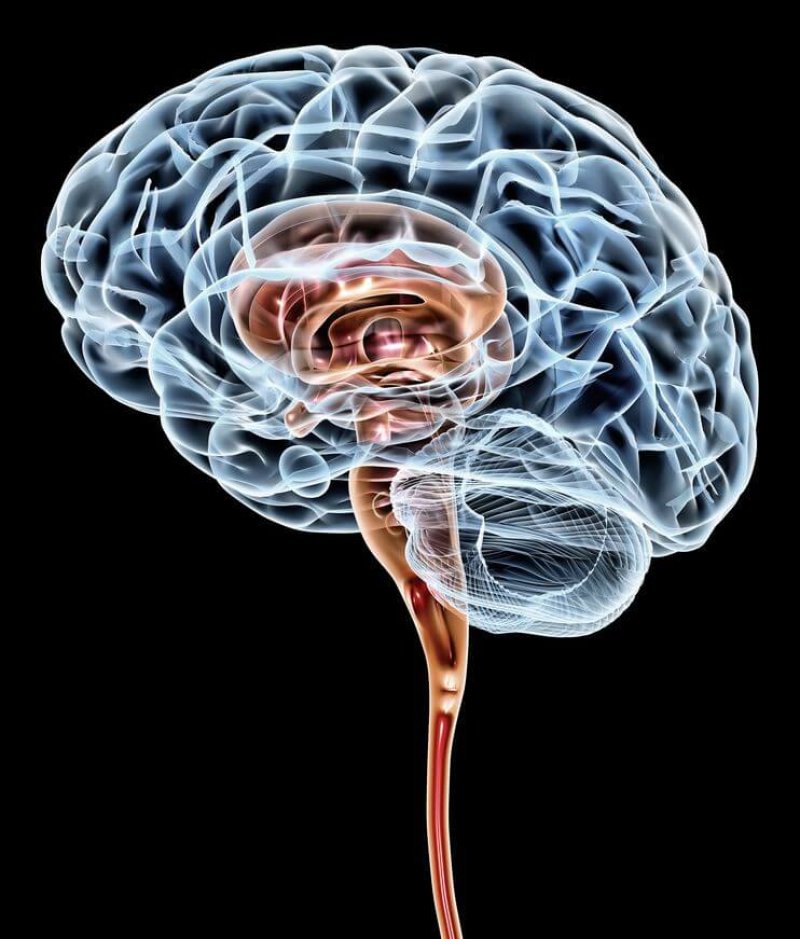Last week, the U.S. Presidential Commission for the Study of Bioethical Issues met to discuss the moral implications of brain science. The meeting was at the request of President Barack Obama, who earlier this year called for the start of a $100 million federal Brain Research through Advancing Innovative Neurotechnologies (BRAIN) Initiative.
The panel was charged with coming up with potential moral and ethical dilemmas that might arise from recent advances in our understanding of the brain and the potential ability to peer into the workings of the human mind promised by his brain-mapping proposal.
As these ethical issues continue to garner media attention, National Geographic asked Hank Greely, a bioethics and genetics expert at Stanford University’s Law School, what he sees as being the five big questions in neuroscience. Greely suggests that using neuroscience to predict peoples’ fate or actions, as a lie detector and in medical care challenges how we view ourselves and will raise many ethical questions.
Read the full, original story: Q&A: The 5 Big Questions in Brain Science
Additional Resources:
- Innovations in neuroscience trigger shifting views in the treatment of mental illness, Genetic Literacy Project
- Neuroscience: Big promises, big problems, Guardian
- Neuron diversity might shape personality and ability, Scientist































